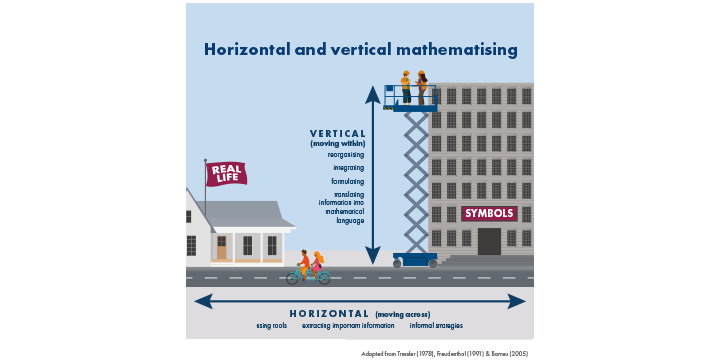28 March 2019

What are the issues surrounding the use of realistic contexts in the mathematics classroom?
- The Dutch approach of Realistic Mathematics Education (RME) suggests that in order for students to grasp mathematics it must be connected to their life experiences
- Cross-cultural evidence suggests positive effects of RME on both learners and teachers, including: greater interest in and valuing of maths; development of mathematical competence; improved informal strategies and problem solving skills; enhanced performance in number; increased class discussion and meaning-making; and using context as a tool to motivate students
- Appropriate professional development opportunities should be available to teachers in order to increase awareness of and support for RME strategies
- There is a need to investigate whether RME-type problems are aligned with certain types of assessment, such as GCSE maths
- Evidence suggests RME is best used as a long-term approach rather than a series of one-off lessons or activities
View Espresso